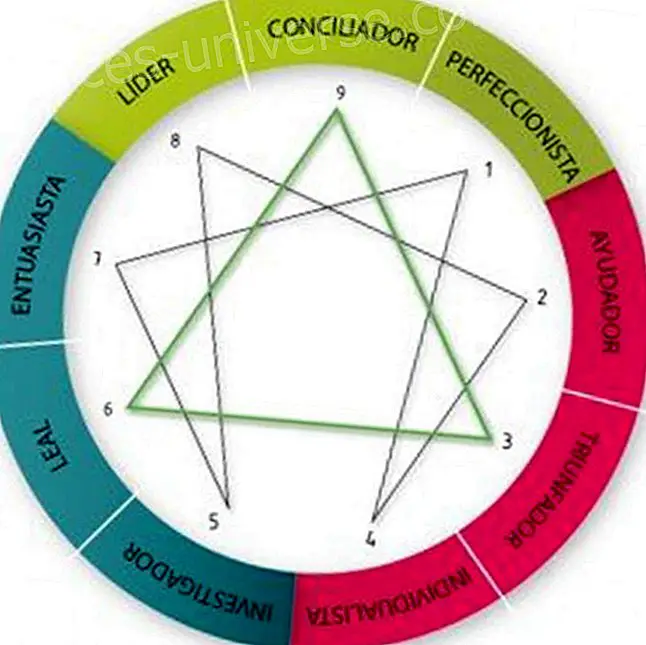
According to a study conducted at the Wake Forest School of Medicine (North Carolina), a diet rich in whole foods is associated with a lower risk of developing cardiovascular diseases, including heart ailments and strokes.
These conclusions were reached through the analysis of seven studies involving more than 285, 000 people between 1996 and 2006.
According to Dr. Mellen, lead author of this research, consuming an average of 2.5 servings of whole grains per day is associated with a 21% decrease in the risk of getting cardiovascular disease if compared to a consumption of only 0, 2 servings a day. Its goal is to further encourage patients to incorporate a greater amount of whole foods into their diet.
The results of this study were published online in Nutrition, Metabolism & Cardiovascular Diseases and will be printed in a booklet of the same journal.
Dr. Mellen commented that the conclusions of this study are consistent with previous research, but that despite the abundant evidence about the health benefits of whole grains, consumption among the population is low .
According to a survey carried out between 1999 and the year 2000, it was observed that only 8% of the adult population of the United States consumes between 3 to 4 servings of whole grains per day while 42% of adults do not incorporate them into your diet This indicates that both consumers and health professionals are not informed of the great benefits that whole grains provide.
A grain is considered integral when all parts of it are preserved. That is to say: the bran (outer shell), the endosperm (intermediate part, rich in carbohydrates) and the germ (inner part from which another plant can develop).
Both the bran and the germ are eliminated during the refinement processes of the grains, leaving only the endosperm. In this way the nutritional value of the grain decreases markedly since the bran and the germ contain the most nutrients. These include vegetable fibers, vitamin B1, vitamin B2, proteins, minerals such as selenium, zinc, copper, iron, magnesium and phosphorus and polyunsaturated fats that are excellent natural antioxidants.
Integral foods include brown or wild rice, oatmeal, barley and other wholemeal flour.
Whole grains and cereals not only protect us against cardiovascular disease but also against diabetes and help lower blood pressure in hypertensive patients and high cholesterol levels. Cardiovascular diseases are considered the cause of one third of deaths worldwide.
Source: http://www.zonadiet.com/
Benefits for our health of whole foods






